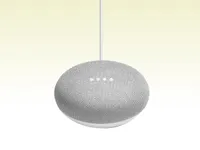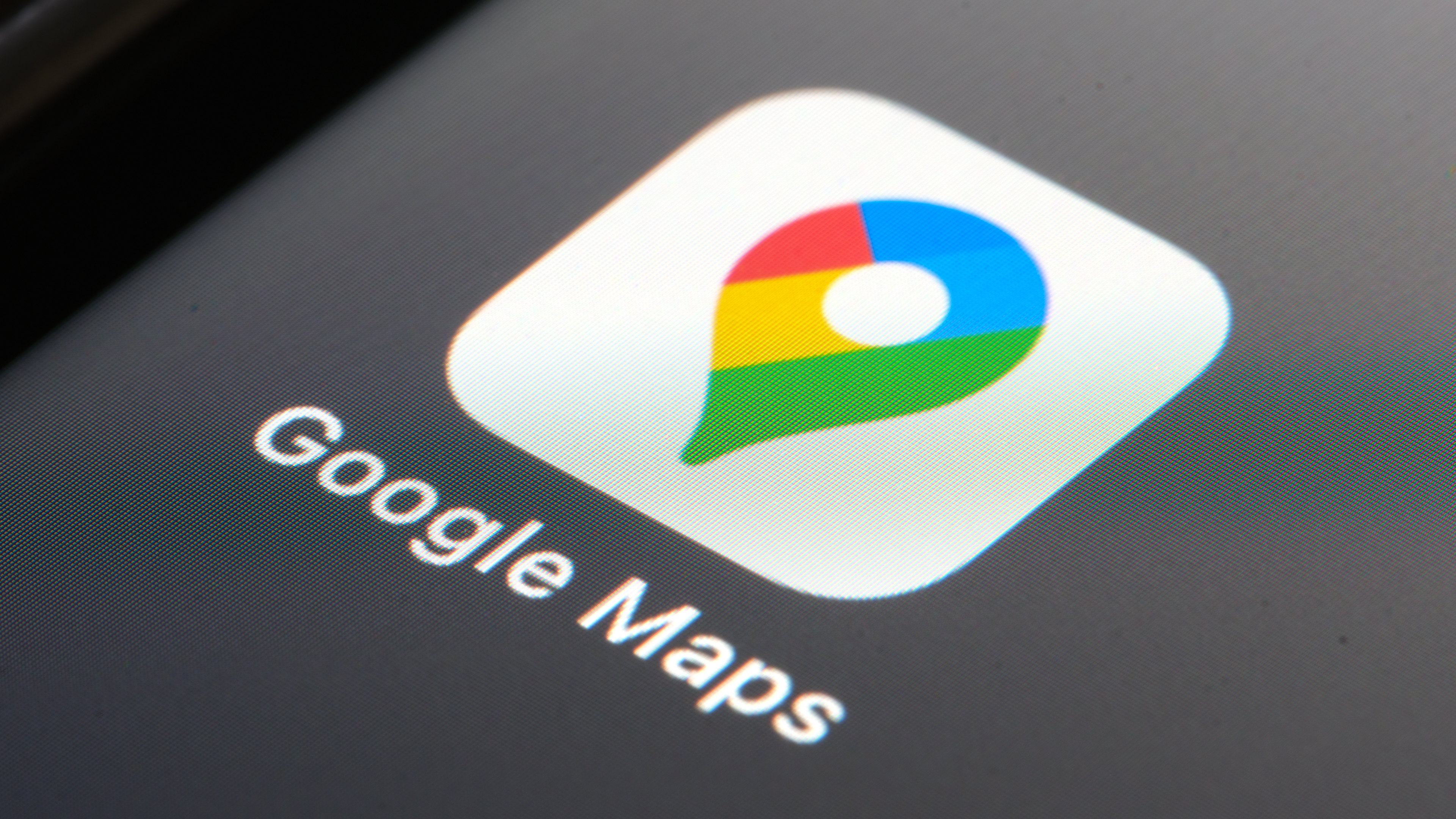Google Home Mini Review Roundup: What Critics Love and Hate
Is Google’s cheap smart speaker worth buying? Here are the pros and cons.
The Google Home Mini has received fairly positive reviews, but it’s also run into serious problems even before it's available to the public.
The Amazon Echo Dot competitor, which has a small, disc-like design, provides easy access to Google Assistant for listening to music, getting answers to all sorts of questions, controlling smart home gadgets, setting calendar events and more.
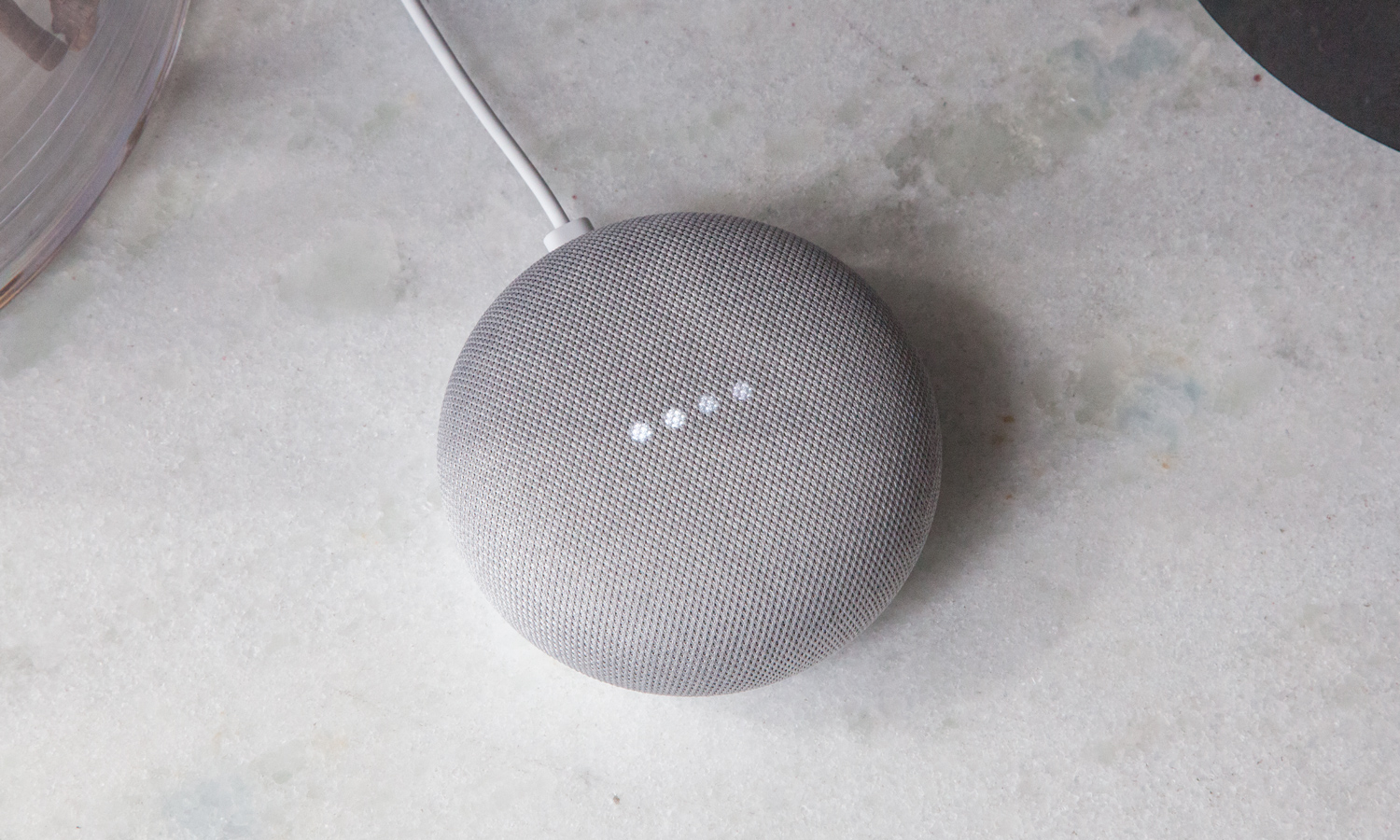
While the Google Home Mini won’t launch until Oct. 19, some early units suffered from a glitch that caused them to record everything in their environment. Google ultimately discovered that the flaw was due to the device’s touch controls, which were malfunctioning, but by then, the privacy problems were too much to bear. In response, Google disabled all touch functionality, in all Home Minis, to ensure user privacy.
Needless to say, Google Home Mini has gotten off to an inauspicious start. Here’s what some of the critics are saying about the privacy kerfuffle and much more in our Google Home Mini review roundup.
Tom’s Guide
Why you can trust Tom's Guide
Tom’s Guide reviewer Mike Prospero offered high marks for Google’s Home Mini, calling it the “first great Echo Dot rival,” a nod to the popular and similarly diminutive Amazon smart home appliance.
Pros
In his review, Prospero said that the Google Home Mini has an “attractive design” and was pleased to see that at $49, the device is nicely affordable. He also thought it came with great “audio quality,” despite its size.
“Not only is it inexpensive, but it also outperforms the Echo Dot in audio quality and design. The Mini's ability to cast both audio and video arguably makes it the better device for delivering smarts to your entertainment system.
Cons
Prospero was disappointed by its lack of compatibility with as many smart home platforms as its main rival, Alexa, and didn’t like that he couldn’t pair it with Bluetooth speakers.
“Google is still lagging well behind Amazon regarding skills and smart-home integration, and even the best-designed speaker can't change that fact.”
Google Home Mini
Wired
David Pierce at Wired had a similar take on the Google Home Mini, saying that it performed well and generally delivered a solid user experience for the price. On the other hand, he said that the device is really a “complementary device” that can be “a good speaker” to listen to music on or a tool to help you watch video on your television. It’s not, however, a standalone, must-have device.
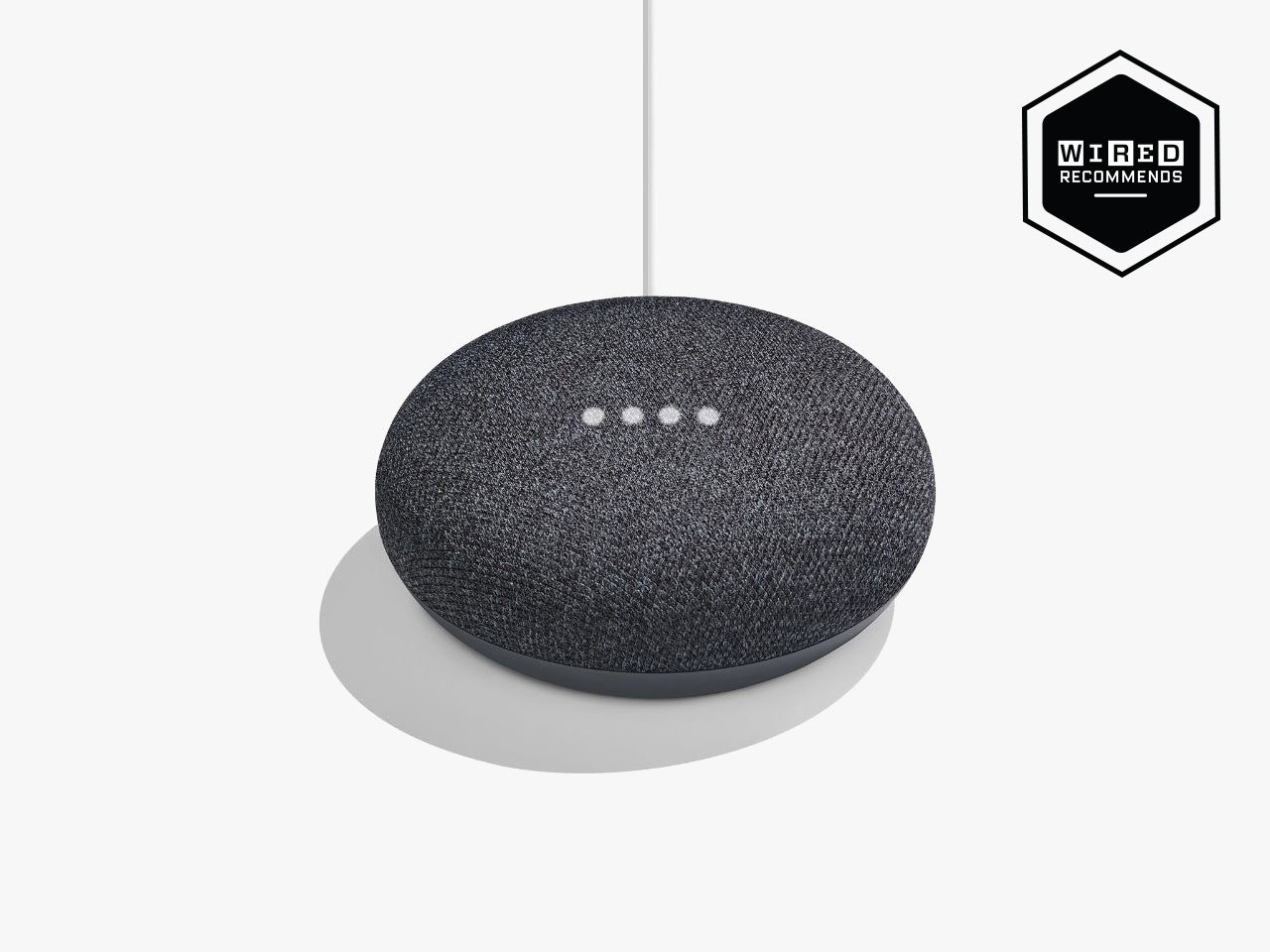
Pros
Pierce’s favorite feature was the built-in Google Assistant.
“Most of what’s great about the Mini holds for all Google Home devices: the Assistant is impressively helpful, and getting better all the time,” he wrote.
Cons
Pierce was disappointed by the Google Home Mini’s speaker, which he said “sounds like crap.” He also didn’t like that you can’t “Bluetooth out to another speaker.”
“A solid accessory,” Pierce said of the Google Home Mini, “but not the centerpiece of your smarter home.”
CNET
Ry Crist at CNET argues that the Google Home Mini “sounds better and looks better” than Amazon’s Echo Dot. But he was still disappointed to discover that Google Assistant just can’t keep pace with Amazon’s Alexa.
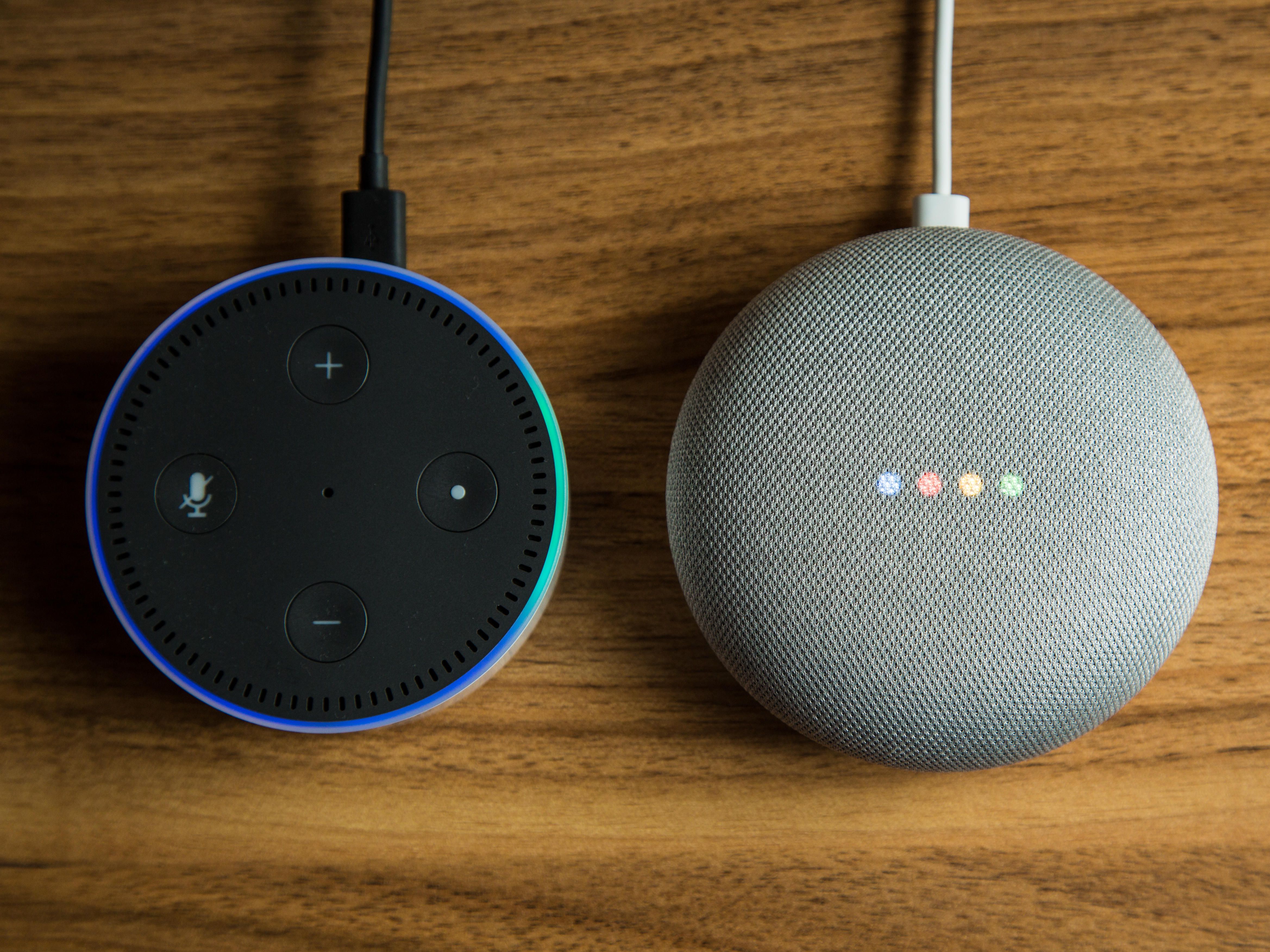
Pros
Crist thought Google Home Mini delivered a “stylish-looking” design and had “surprisingly strong sound quality for its size.”
Cons
“Almost everything that's good about the Google Home Mini is only good because it's like the Echo Dot,” Crist wrote. “It's a puck-sized, voice-activated smart speaker (like the Dot) that costs $50 (like the Dot) and lets you stream music, ask for information, control smart home gadgets, call people and hear bad jokes on demand (like the Dot). It's great (like the Dot) and worth buying (like the Dot) — but unlike the Dot, you can't connect it to your existing speakers unless you spend $35 on another gadget, the Chromecast Audio dongle.”
Ultimately, Crist asked a simple question, “why not just buy the Dot?”
The Verge
Pros
The Verge’s Dan Seifert said that the Mini is loud enough to fill up a small room. However, it “does not work well to fill medium to large rooms with music.”
“The voice responses from the Home Mini sound great — much better than the can of bees you get from Amazon's Echo Dot — and it does get loud enough to hear from across my living room,” Seifert added.
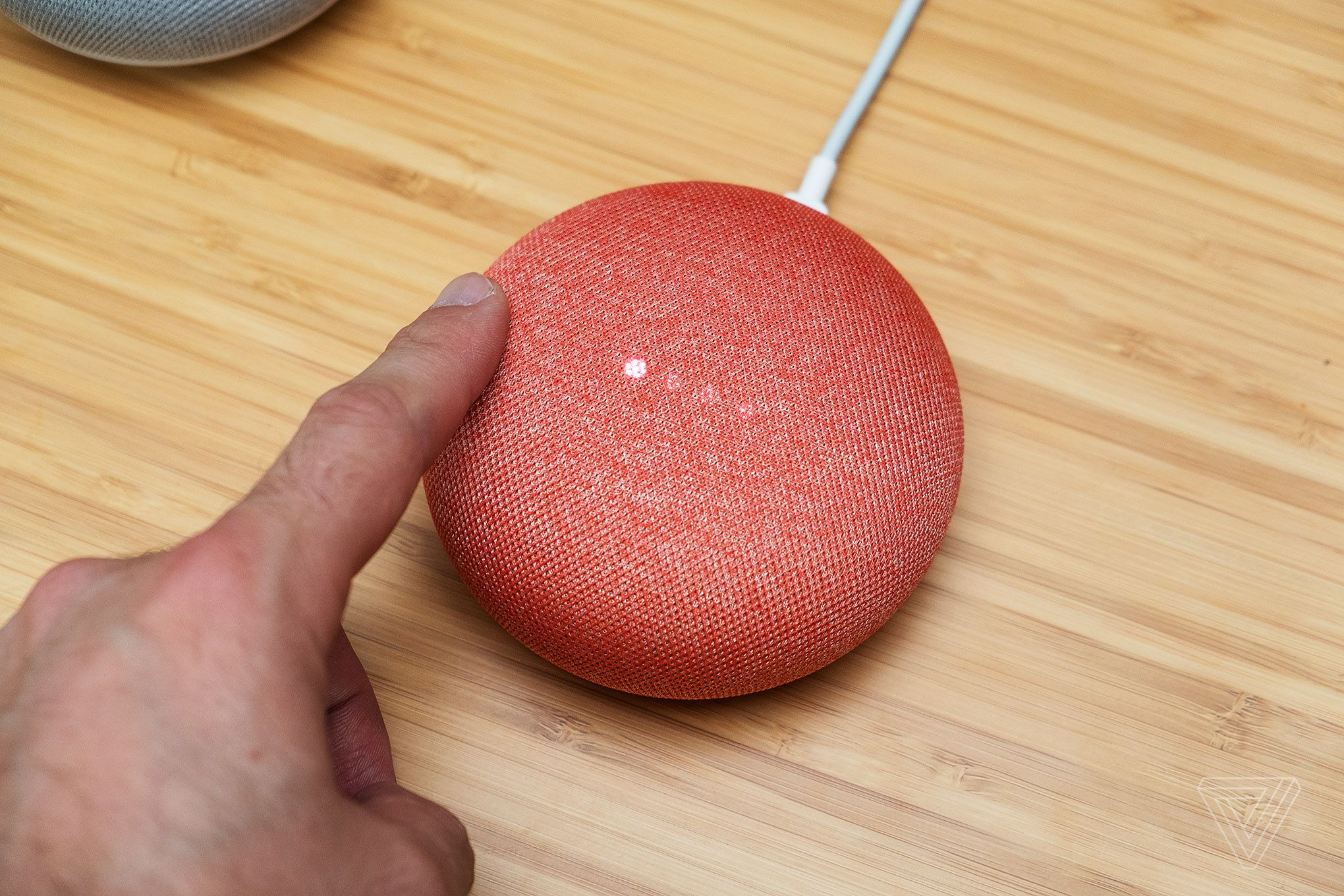
Cons
Seifert wasn’t fond of Google’s decision to force the Home Mini to stay tethered to the wall. Since the device doesn’t come with a built-in battery, Seifert complained that he couldn’t bring the small gadget around the home to use the Home Mini wherever he might like. He also wrote that Google Assistant just can’t keep pace with Amazon’s Alexa.
“Google’s integration with smart home products is not as broad as Amazon’s yet, and it can’t control as many products,” he wrote. “You can ask it to adjust the temperature on a Nest thermostat, but it can’t control an Ecobee. It can integrate with SmartThings, like Alexa can, but its implementation is not as good or reliable as Amazon’s.”
Gizmodo
Adam Clark Estes over at Gizmodo was among the most laudatory Google Home Mini reviewers. In fact, Estes went so far as to say “it’s hard not to love the Google Home Mini.” And his only major complaint was that it doesn’t come with a headphone jack.
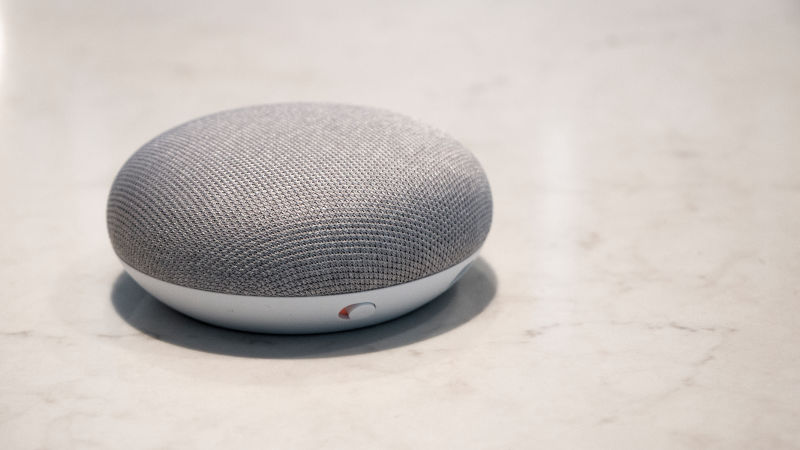
Pros
“For the price of a decent dinner for two, the Google Home Mini is a conversation piece at worst,” Estes wrote. “At best, it’s your new best friend.”
“The vast majority of my time with the Google Home Mini has been functional and fun,” he wrote.
Cons
Although Estes was largely glowing towards the Google Home Mini, he did say that the speaker is only “pretty good but definitely not amazing.” He also said that the device’s design is “almost too simple.”
Get instant access to breaking news, the hottest reviews, great deals and helpful tips.
Don Reisinger is CEO and founder of D2 Tech Agency. A communications strategist, consultant, and copywriter, Don has also written for many leading technology and business publications including CNET, Fortune Magazine, The New York Times, Forbes, Computerworld, Digital Trends, TechCrunch and Slashgear. He has also written for Tom's Guide for many years, contributing hundreds of articles on everything from phones to games to streaming and smart home.
 Club Benefits
Club Benefits





